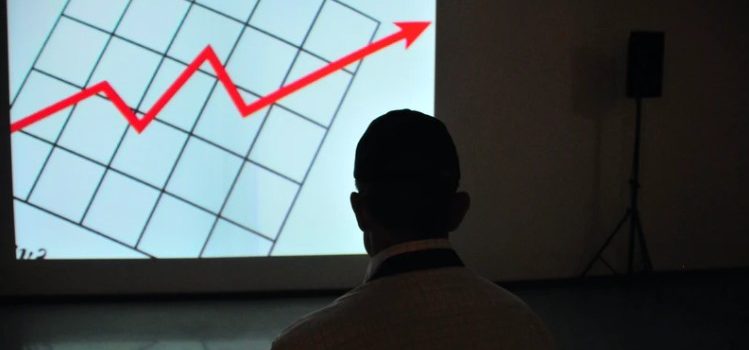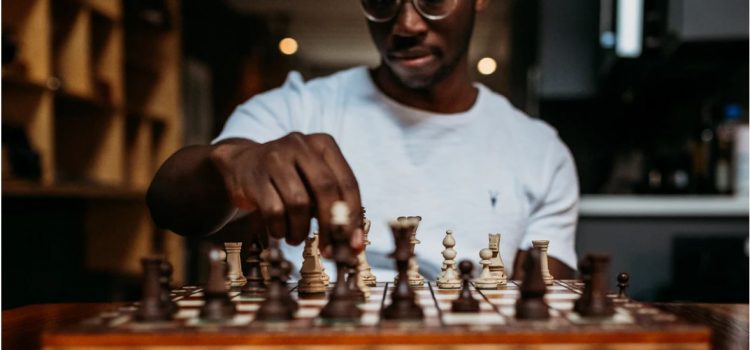What exactly is data? Can people and images be data? In Everybody Lies, Seth Stephen-Davidowitz says that new technology is allowing us to turn more things into data. He further explains how bodies and images can now be used as data. Keep reading to learn how everything is data.
Everything Is Data—Even Your Body! Here’s Why










